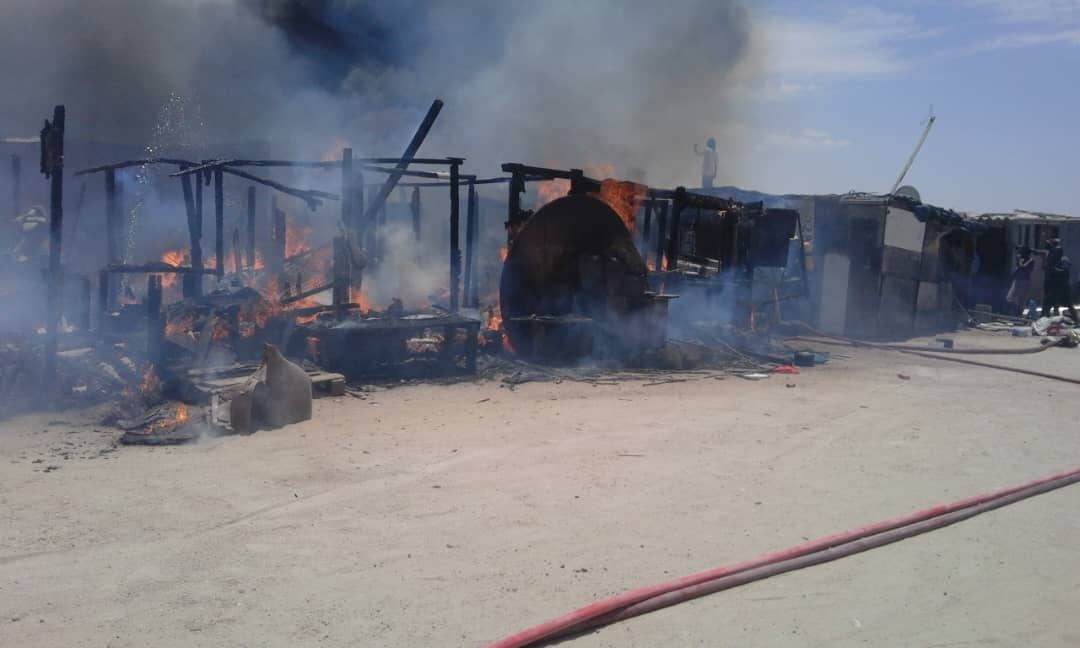President Netumbo Nandi-Ndaitwah says she is optimistic that a final agreement on genocide reparations between Namibia and Germany can be reached before the end of 2026.
Speaking during a recent interview with the BBC, Nandi-Ndaitwah reflected on the ongoing negotiations over Germany’s acknowledgment and atonement for the 1904–1908 genocide committed against the Nama and Ovaherero people.
“Our parliament discussed Germany’s genocide against the Namibian people. Firstly, for Germany to accept that they committed a genocide in Namibia. Secondly, for Germany to apologise. And thirdly, for Germany to give reparation,” she said.
In 2021, Germany apologised for its role in the slaughter of Herero and Nama people and officially described the massacre as a genocide for the first time.
While both governments previously reached a tentative deal that included Germany pledging £1.1 billion about (N$26 trillion) in development aid over 30 years, the agreement was widely criticised in Namibia.
Many, including descendants of the genocide victims and lawmakers, say the offer is inadequate.
“Until now, we have reached 1.1 billion euros. Our parliament felt that is nothing. We have to engage the Germans again,” Nandi-Ndaitwah said.
According to her, the negotiation process has significantly advanced and a final settlement is within reach.
“The document was ready to the extent that, unless something really dramatically happened, I cannot see this process going to next year,” Nandi-Ndaitwah said.
In December last year, Cabinet approved the signing of the Joint Declaration on the Genocide, Apology, and Reparations.
However, Landless People’s Movement leader Bernadus Swartbooi and 11 traditional authorities have formally written to the government attorney, demanding that the joint declaration be invalidated and set aside.
Last year at the opening of a chiefs forum, Nandi-Ndaitwah urged the Nama and Ovaherero genocide victims’ descendants to carefully consider their reparations demands.
Nandi-Ndaitwah also said the government was exploring the creation of a special purpose vehicle to be managed by the descendants themselves.
Stay informed with The Namibian – your source for credible journalism. Get in-depth reporting and opinions for
only N$85 a month. Invest in journalism, invest in democracy –
Subscribe Now!










